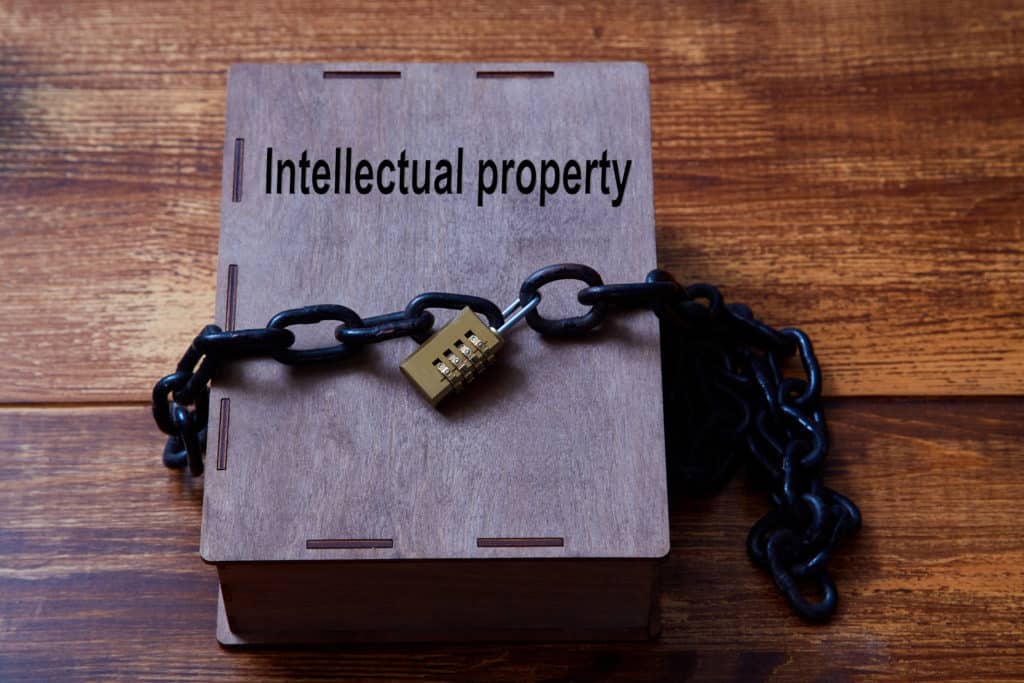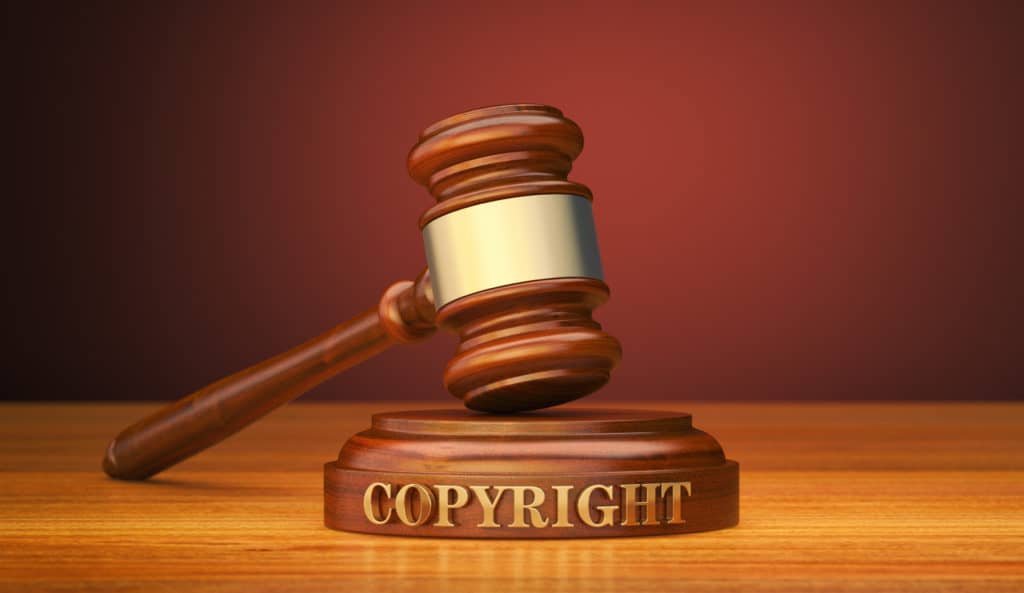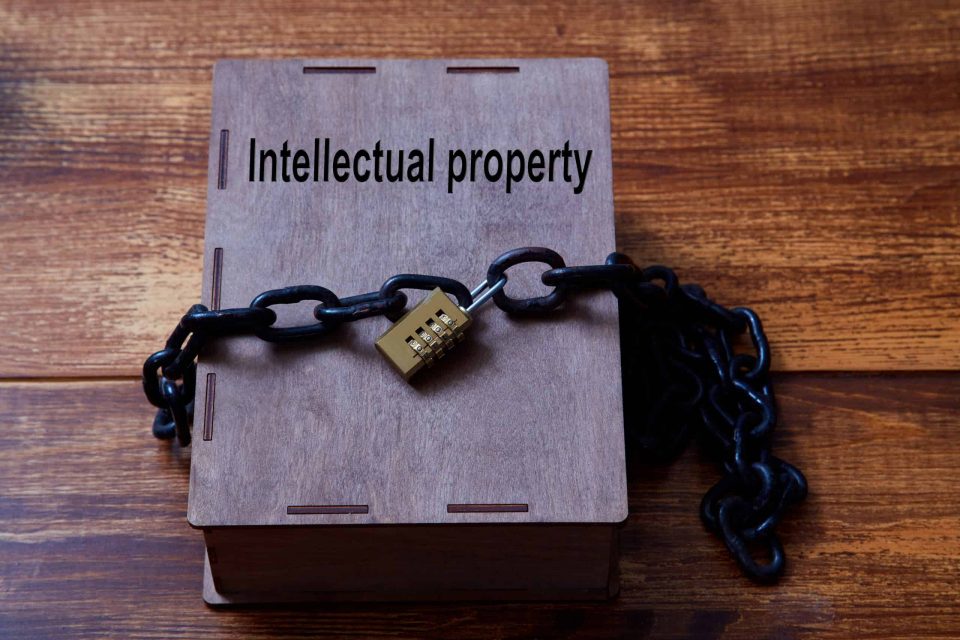It’s important for authors to create many formats of their work in order to create new financial streams. These formats include ebooks, paperback books, and audiobooks.
This article is for self-published authors who are new to creating an audiobook. Unless you are planning to record, edit, proof, and master your own audiobook, you are probably considering hiring a narrator or producer.
An author must copyright their audiobooks in order to keep the proceeds from the sales. If the writer is planning to hire a narrator and/or producer, they have rights for their portion of the audiobook. The writer will need to transfer these rights from the narrator and/or producer to themselves. If the author narrates and produces their own audiobook, they will own all the rights. However, the writer may want to register the copyright with the US Copyright Office for additional legal protection.
The rest of this article answers specific questions about copyrighting audiobooks. This is information that a self-published author will need to understand before embarking on their audiobook creation journey.

Who Owns the Copyright in a Sound Recording?
A sound recording is a legal term that refers to the spoken word, music, or some other sound. In other words, an audiobook is a sound recording.
When an audiobook is made, it is considered a “derivative” of your original book and you have the rights. Derivative means work based on a previously existing work. Since you created the original work, you have the right to create an audiobook.
However, there are several components in an audiobook including the spoken word, edited/mastered audio files, music, and cover art. The creator of each of these components has a copyright for their portion.
The narrator has rights to the spoken word. The producer has rights to any editing and mastering performed on the audio files. In addition, the composer and performers have rights to the music. Also, the artist has rights to the cover art.
As an author new to audiobook creation, before the start of recording, it’s important that the narrator and/or producer transfer all their rights to you. This transfer will assign the rights of the narrator or producer to the author in return for payment.
Typically, any music is licensed by the author as well as the cover art.
Record Your Own Audiobook
One way to get around the issue of your narrator and/or produce having rights to your audiobook is to narrate your own audiobook. In addition, you can learn to edit, proof, and master the audio files. In this way, you are the creator of all of the elements in the audiobook.
Recording your audiobook is a rewarding, but time-consuming task. For example, a 6.5-hour audiobook, may take about 40 hours of work on the part of a narrator and producer. On the other hand, it has the advantage of being significantly less expensive than hiring the narration and production out. In addition, fans love to hear the author’s words in their own voice.
If you would like to learn more about narrating your own audiobook, take a look at these articles I’ve written:
- How Do You Write An Audiobook Script?
- How Far Should My Microphone Be From My Face?
- How Do You Prepare Your Voice Before Recording Your Audiobook?
- How Long Does It Take to Record an Audiobook?
- Audiobook Recording Home Studio Tips
- 19 Audiobook Editing Tips
- How To Master An Audiobook
There are several steps involved in creating an audiobook. It will take quite some time, but it’s doable. If you really like the idea of creating your own audiobook, this may be the best option for you.
Hire a Narrator/Producer Through Audible/ACX
There are many companies that help authors to turn their ebooks and paperback books into audiobooks. The most well-known are Audible and ACX which are both owned by Amazon. Most new authors get started with Amazon because they have most of the audiobook traffic making it easier to get sales.
If you do use Audible/ACX, Findaway Voices, or any other company that helps you hire narrators, then they’ll handle the transfer of rights from the narrator and producer to you. Most self-published authors use these companies for convenience and to make sure the legal aspects are handled.
If you would like to learn more about self-publishing with Amazon, take a look at my article How to Publish an Audiobook on iTunes.

How to License Music
Sometimes, audiobooks have music at the beginning and end. If you use music in your audiobook, you can purchase royalty free music or pay to license the music. Licensing music simply means getting permission from a legal entity representing the artist’s work.
Royalty free means that you do not need to pay an ongoing royalty to use the music. Instead, you can pay a one-time fee for permission to use the music.
There are several websites that offer royalty free music. It’s very important that you read the agreement for any music you plan to use and make sure it’s licensed for audiobook recordings.
Some licenses specify that the music cannot be used for commercial purposes, it can only be duplicated a certain number of times, or it can only be used for a certain length of time. Make sure you read through the terms of service so that you won’t have legal troubles later on.
How to License Cover Art for Audiobooks
Your ebook, paperback book, and audiobook all need cover art. Generally, the person who does the cover art for your ebook and paperback book will do the same for your audiobook. From a marketing point of view, the covers should be the same. However, they will be formatted differently due to varying size requirements.
The cover art for all formats of your book needs to have the rights transferred to you or you will need to license it from the artist. Licensing means getting permission to use the art work in exchange for pay.
Artist
If you use an artist, the cover art will be considered work made for hire. One option is to have the copyright transferred to the author in a written agreement. In this way, the author owns the rights to the artwork.
A second option is have the artist retain the copyright to the artwork and license the use of the artwork. In this case, the artist retains the rights, but the author can license the artwork for an ebook, paperback book, or audiobook.
Service
Generally, when you use a service (Canva, Easil, Stencil, etc.) to create your covers, you are getting a license that has some restrictions. There may be limits on the number of times the image can be reproduced, where the image can be used (website, ebook, video, etc.), how the image may be used (give away or commercial use), and so on. It’s important to carefully read through the terms of service.
DIY
Instead of using an artist or a service, you may choose to create your own cover using a stock photo website to purchase royalty free photos. Carefully read the license that governs how you use the photo. On many sites, you can use the standard license as long as you make significant changes to the image. On other sites, you must purchase an extended license in order to use the image for your ebooks, paperback books, and audiobooks.
How Do You Copyright a Sound Recording?
There are two options for copyrighting a sound recording. These options change depending on who did the narration, editing, proofing, and mastering of the audio files. Below is an outline of the steps required to copyright your audiobook.
- When you complete your manuscript, you hold all the rights. This means you are free to create an ebook and paperback book. Part of your rights includes the right to make derivatives. This means when you create an audiobook, you hold the rights.
- Option 1: If you decide to do the narration, editing, proofing, and mastering, then all of the work on the audiobook is yours. Therefore, you hold all of the rights to the audiobook.
- Option 2: If you decide to hire out the narration and production, according to copyright law, the narrator and producer have a copyright for their work on your audiobook. Therefore, before they begin work, they must sign paperwork that requires them to transfer their rights to you. When all of their work is done, you will own all the rights to the audiobook. I explain this in more detail in this section: Who owns the copyright in a sound recording?
- You do not need to register your copyrights, however, there are some advantages if you do. Registering your rights to the ebook, paperback book, and audiobook gives you legal footing if you need to sue someone for copyright infringement. Note that you must register before the copyright infringement takes place.
- As I stated above, you have copyright protection once your manuscript is complete. However, if you would like to register your copyright follow these steps: 1) Complete a copyright form; 2) Gather the correct filing fee; 3) Make one or two copies of your copyrighted material; 4) Submit the form, money, and copyrighted material to the US Copyright Office.
How Long Are Sound Recordings Protected by Copyright?
The Sound Recording Act of 1971 was the first time sound recordings were protected by federal law. For our purposes, we’ll consider sound recordings to be audiobooks.
Sound recordings created prior to 1972 are protected by states until 2047. At that time, they will all go into the public domain.
Sound recordings created on or after 1972 are protected for the life of the author plus 70 years. However, if the work is published, then the work is protected for 95 years, assuming that the renewal notices are filled properly.

Can Sounds be Copyrighted?
Sounds like sound effects, music, spoken word, and more can be copyrighted. In fact, this is a lucrative way for sound engineers to earn money. These engineers gather a library of sounds that they’ve worked to capture and store. Then they license them out to other artists who may be creating a song or, in our case, an audiobook. The terms of the license depend entirely on the sound engineer or company that the engineer works for.
Can You Upload Audio for a Book That is Public Domain?
Yes! You can create an audiobook based on a book in the public domain. In fact, it’s a great way to start a narration business.
Keep in mind, that generally, public domain books don’t sell well on Amazon or any other store. The main problem is that these books are already free and customers balk at having to spend money for something that is free. Therefore, it’s important to make substantial changes to the body of work.
Below are some basic steps to get started.
- Before you can create an audiobook, you must first create an ebook or paperback book. This is a requirement from Audible. The ebook or paperback book must have significant changes to the original work. Some examples are to add a unique introduction, a study guide, 10 or more images, etc.
- Create a home studio for recording the audiobook. This needs to be a quiet space that damps out echoes. It also needs to include recording equipment such as a microphone, interface, recording software, and a computer.
- Turn your book into an audiobook script. If this is nonfiction, then you simply need to check that any references to graphs or images are changed to refer to companion material. If this is fiction, then you need to add notes about the way characters sound or add phonetic spellings of unusual names and places.
- Record yourself reading the public domain book.
- Edit, proof, and master the audio files. This may be the most time consuming portion of the audiobook creation process. But, ACX has fairly strict sound requirements for audio files. If you don’t meet their requirements, you risk having your book rejected.
- Upload the audio files and wait for your book to be released to the Audible Store.
If you would like to learn more about turning a public domain book into an audiobook, take a look at my article How Do You Start an Audiobook Business?
Conclusion
Owning the rights to your audiobook and registering your rights are two distinct steps. It is important to own the rights to your audiobook. In this way, as you make money through the sale of your audiobook, the money is all rightfully yours.
It’s optional to register your rights with the US Copyright Office. However, you gain some advantages if you do register. If you need to sue someone for copyright infringement, having your rights already registered gives you a strong advantage.
Have you considered registering the rights to your audiobook? What led you to this decision? Let me know in the comments below.
Disclaimer: I am not an attorney, and the information in this article should not be considered legal advice. You should seek appropriate counsel for your own situation. In addition, this post is directed toward readers in the United States. If you are conducting business outside of the United States, seek professional legal advice for your specific area.


2 comments